How would you feel if you found out that coffee is much more than just a warm, energizing, and delicious beverage?
What if it’s also one of the healthiest parts of your diet?
In case you need another reason to love your morning routine, we have some good news:
Thousands of studies show an overwhelmingly positive connection between coffee consumption and improved health.
As you’re about to learn, you can drink your brew and enjoy good health, too.
Your #1 Source of Antioxidants
That's right. Coffee is the number one source of antioxidants in most Americans’ diets.¹
Most people get more free-radical-fighters from coffee than from vegetables and fruit combined. Does that mean coffee has more antioxidants than other foods? Not necessarily.
Coffee ranks 11th in antioxidants per serving.² We just drink so much of it that it has become our primary dietary source!
Coffee is also a source of vitamin B2, B5, manganese, potassium, and other vitamins and minerals.
This means that coffee (if you drink it) is likely to be one of the healthiest parts of your diet. The antioxidants and nutrients in the coffee bean are hands-down good for you.
Now, let’s take a look at some of the many ways coffee can positively impact your health.
Coffee Improves Brain Function
The research confirms what you already know and why you reach for your cup of Joe morning after morning.
Coffee, specifically its caffeine content, improves:
- Mood
- Memory
- Energy levels
- Reaction time
- And other markers of general mental performance.³ ⁴
Additionally, both fully caffeinated and decaffeinated coffee have been shown to support neurological health.
This means that the polyphenols in coffee also benefit brain function, not just the caffeine.⁵
Coffee Enhances Fat Burning and Metabolic Rate
The caffeine in coffee stimulates an increase in the hormone epinephrine (aka adrenaline).
Among other things, epinephrine signals the body to free up fat for fuel, a process referred to as fat oxidation.
When fat is oxidized, it’s broken down, released into the bloodstream, and utilized for energy.
An increase in fat oxidation also increases your body’s resting metabolic rate (the number of calories you burn at rest).⁶
Caffeine boosts resting metabolic rate by as much as 29% depending on body composition, caffeine tolerance, and other variables.⁷
But there’s a catch: These benefits are short-lived as you develop a tolerance to caffeine’s effect on fat burning and metabolism over time.
To combat this, consider regular caffeine resets to avoid caffeine tolerance.
Coffee Boosts Athletic Performance
Coffee also has a positive impact on athletic performance.⁸
The caffeine in coffee has been shown to reduce the level of perceived exertion during exercise. In other words, athletes feel stronger at a given intensity with caffeine than without it.⁹
Caffeine also has an ergogenic effect, increasing the energy available to muscles during exercise.
In other words, caffeine helps athletes perform harder for longer.
However, like fat metabolism, the effects diminish as we become tolerant to caffeine over time.
Coffee and Gut Health
Coffee can even have positive effects on your gut microbiome. This benefit is most likely due to the polyphenols in coffee, not the caffeine.
One study in the International Journal of Food Microbiology found that coffee may increase the number of good bacteria in the gut.¹⁰
After three weeks of moderate coffee consumption (3 cups per day), subjects had more active Bifidobacterium spp, a beneficial probiotic strain that corresponds with digestion, metabolism, and heart health.¹¹
Coffee Improves Overall Healthspan
And for the grand finale… Drinking coffee may also extend your life!
Several studies associate regular coffee consumption with a lower risk of early death and a longer lifespan than non-coffee drinkers.¹²
The antioxidants in coffee are most likely the contributing factor as they combat the oxidative stress associated with aging and other causes of early death.
It's official: coffee (the bean) is excellent for your health, and there are thousands of studies to back it up.
Not only can coffee improve brain function and neurological health, it may also support fat burning, metabolism, athletic performance, and gut health. Additionally, coffee drinkers may enjoy longer lives.
Common Coffee Questions and Misconceptions
Doesn’t coffee stunt your growth?
Although caffeine can inhibit calcium absorption, there is no evidence that coffee stunts growth.
Isn’t coffee bad for your bones?
Caffeine is rumored to interfere with calcium absorption, thus increasing the risk of osteoporosis.
While caffeine does have an inhibitory effect on calcium absorption, the net effect is minimal. It can be easily offset by eating foods rich in calcium (as little as 1-2 tablespoons of milk).
As one research review concludes, “There is no evidence that caffeine has any harmful effect on bone status or on the calcium economy in individuals who ingest the currently recommended daily allowances of calcium."¹⁴
What about the cholesterol in coffee?
There is evidence that unfiltered coffee can increase LDL cholesterol levels for those concerned about cholesterol.¹⁵
Unfiltered brewing methods like French press, espresso, and the Moka pot allow natural oils called diterpenes to pass through to your coffee. These diterpenes are thought to raise cholesterol levels.
Methods that use paper filters, such as pour-overs or commercial drip machines, catch these diterpenes and have a neutral effect on cholesterol.
So if you’re concerned about an increase in cholesterol, stick with a brewing method that uses a paper filter.
Does caffeine cause dehydration?
No. Caffeine is a mild diuretic and may cause you to urinate more often. However, the amount of water you drink with your coffee is generally greater than that lost from urination. Therefore, responsible caffeine consumption should not cause dehydration.
Summary
Whew, there’s a lot to love about coffee!
Coffee has a positive impact on:
- Overall healthspan
- Cardiovascular and gut health
- Brain function and neurological health
- Athletic performance (specifically the caffeine in coffee)
- Fat burning and metabolic rate (specifically the caffeine in coffee)
But not all coffee is created equally. To get the most benefit for your buck, look for a source that meets the following standards:
- Certified organic
- Specialty grade
- Freshly roasted
- Packaged properly (the gold standard being nitrogen flushed)
- High cupping score (aka tastes delish!)
Kion Coffee meets all of these standards, and then some. Certified organic and roasted for a rich, smooth taste: Our coffee tastes as good as it makes you feel.
Light, Medium, or Dark Roast—Kion Coffee is always organic, smooth, & delicious.
Buy NowScientific Research
- Svilaas, Arne, et al. “Intakes of Antioxidants in Coffee, Wine, and Vegetables Are Correlated with Plasma Carotenoids in Humans.” The Journal of Nutrition, vol. 134, no. 3, 2004, pp. 562–567., doi:10.1093/jn/134.3.562.
- Pérez-Jiménez, J., Neveu, V., Vos, F. et al. Identification of the 100 richest dietary sources of polyphenols: an application of the Phenol-Explorer database. Eur J Clin Nutr 64, S112–S120 (2010). https://doi.org/10.1038/ejcn.2010.221
- Ruxton, C. H. S. “The Impact of Caffeine on Mood, Cognitive Function, Performance and Hydration: a Review of Benefits and Risks.” Nutrition Bulletin, vol. 33, no. 1, 2008, pp. 15–25., doi:10.1111/j.1467-3010.2007.00665.x.
- Brice, Carolyn, and Andrew Smith. “Effects of Caffeine on Mood and Performance: a Study of Realistic Consumption.” Psychopharmacology, vol. 164, no. 2, 2002, pp. 188–192., doi:10.1007/s00213-002-1175-2.
- Poole, Robin, et al. “Coffee Consumption and Health: Umbrella Review of Meta-Analyses of Multiple Health Outcomes.” Bmj, 2017, doi:10.1136/bmj.j5024.
- Astrup, A, et al. “Caffeine: a Double-Blind, Placebo-Controlled Study of Its Thermogenic, Metabolic, and Cardiovascular Effects in Healthy Volunteers.” The American Journal of Clinical Nutrition, vol. 51, no. 5, 1990, pp. 759–767., doi:10.1093/ajcn/51.5.759.
- Bracco, D., et al. “Effects of Caffeine on Energy Metabolism, Heart Rate, and Methylxanthine Metabolism in Lean and Obese Women.” American Journal of Physiology-Endocrinology and Metabolism, vol. 269, no. 4, 1995, doi:10.1152/ajpendo.1995.269.4.e671.
- Doherty M, Smith PM. Effects of caffeine ingestion on exercise testing: a meta-analysis. Int J Sport Nutr Exerc Metab. 2004 Dec;14(6):626-46. doi: 10.1123/ijsnem.14.6.626. PMID: 15657469.
- Doherty M, Smith PM. Effects of caffeine ingestion on rating of perceived exertion during and after exercise: a meta-analysis. Scand J Med Sci Sports. 2005 Apr;15(2):69-78. doi: 10.1111/j.1600-0838.2005.00445.x. PMID: 15773860.
- Jaquet M, Rochat I, Moulin J, Cavin C, Bibiloni R. Impact of coffee consumption on the gut microbiota: a human volunteer study. Int J Food Microbiol. 2009 Mar 31;130(2):117-21. doi: 10.1016/j.ijfoodmicro.2009.01.011. Epub 2009 Jan 23. PMID: 19217682.
- Slavin J. Fiber and prebiotics: mechanisms and health benefits. Nutrients. 2013;5(4):1417-1435. Published 2013 Apr 22. doi:10.3390/nu5041417
- Poole R, Kennedy OJ, Roderick P, Fallowfield JA, Hayes PC, Parkes J. Coffee consumption and health: umbrella review of meta-analyses of multiple health outcomes [published correction appears in BMJ. 2018 Jan 12;360:k194]. BMJ. 2017;359:j5024. Published 2017 Nov 22. doi:10.1136/bmj.j5024
- Cornelis MC, El-Sohemy A, Kabagambe EK, Campos H. Coffee, CYP1A2 genotype, and risk of myocardial infarction. JAMA. 2006 Mar 8;295(10):1135-41. doi: 10.1001/jama.295.10.1135. PMID: 16522833.
- Heaney RP. Effects of caffeine on bone and the calcium economy. Food Chem Toxicol. 2002 Sep;40(9):1263-70. doi: 10.1016/s0278-6915(02)00094-7. PMID: 12204390.
- Baylor College of Medicine. (2007, June 15). How Coffee Raises Cholesterol. ScienceDaily. Retrieved October 25, 2020 from www.sciencedaily.com/releases/2007/06/070614162223.htm



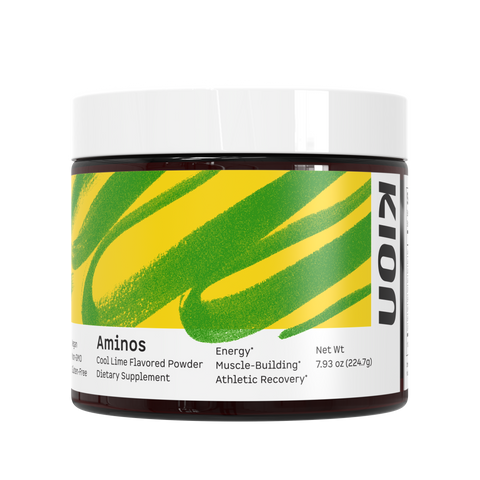
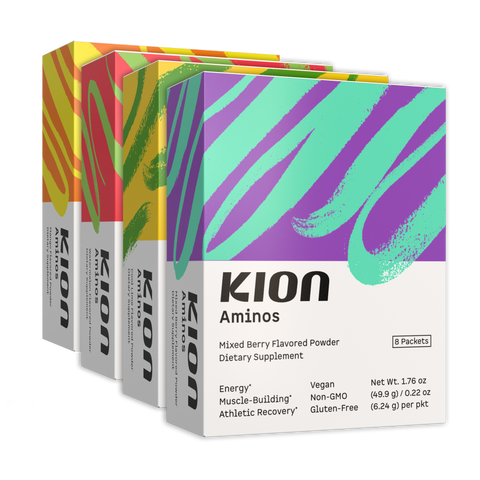
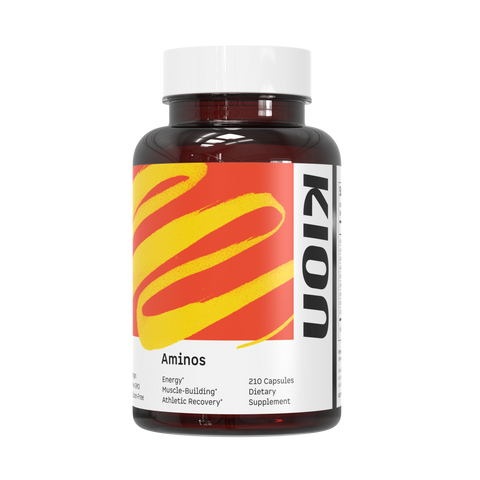
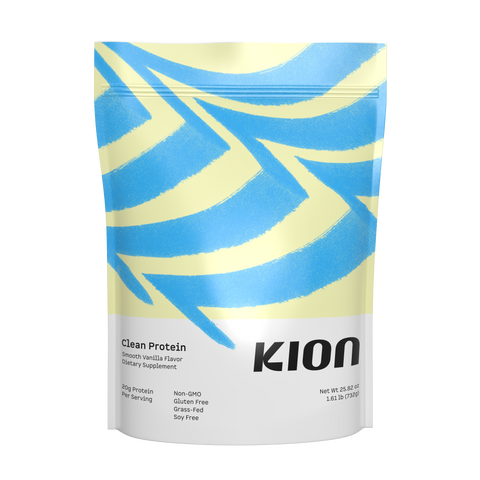
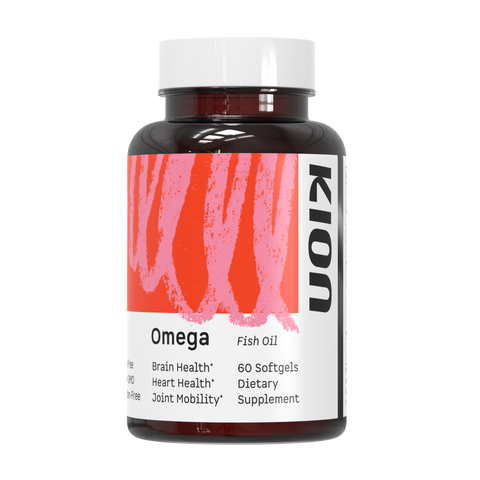
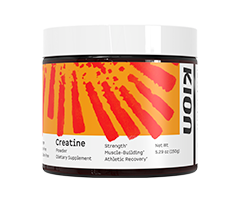
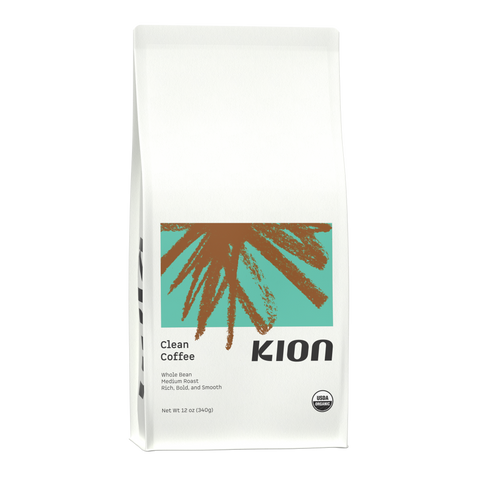
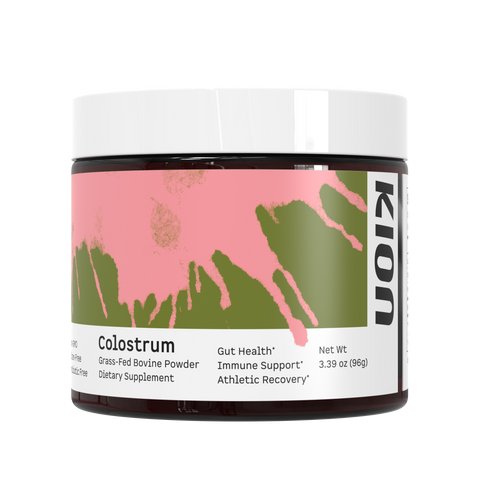
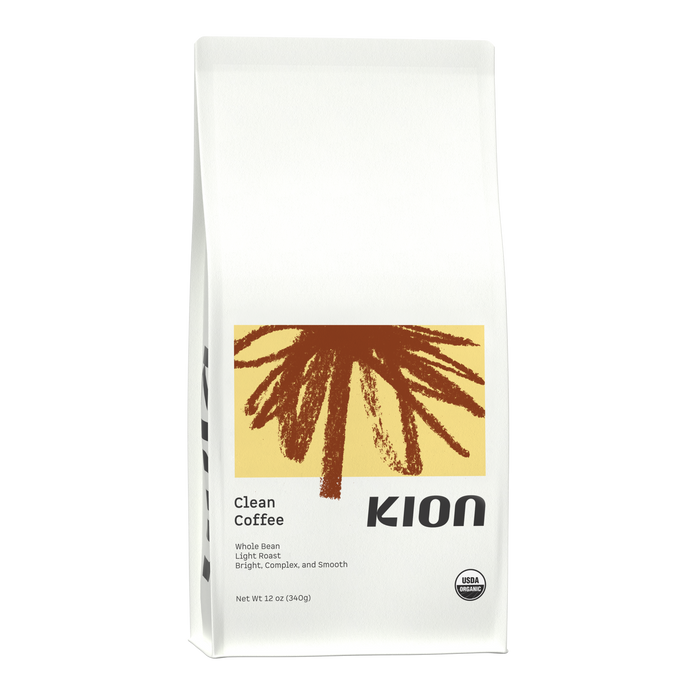







Comments
Excellent, well-balanced article. Helped me identify I am a slow coffee metabolizer. I love your coffee. To continue enjoying it, I have already instinctively used many of the techniques you suggest. Thanks to a great company for for a great product!
Anonymous on